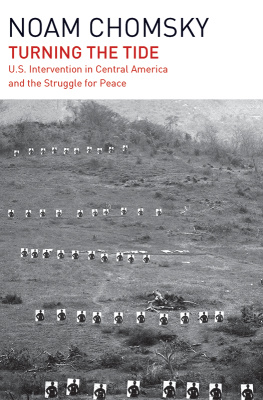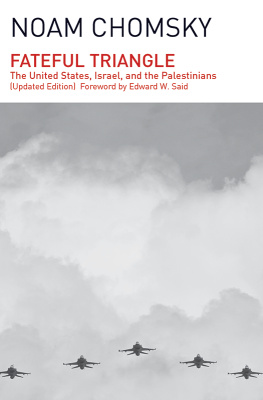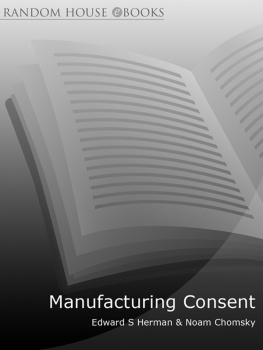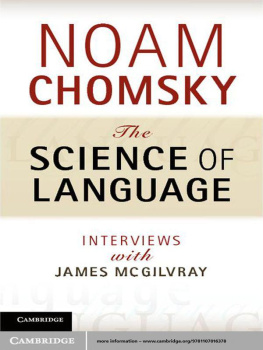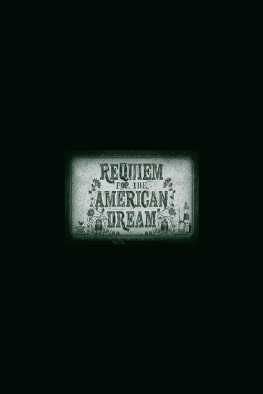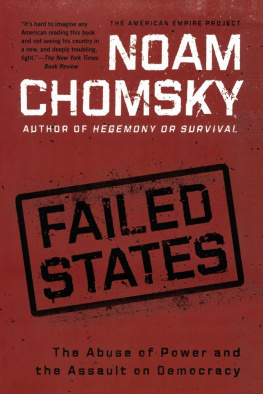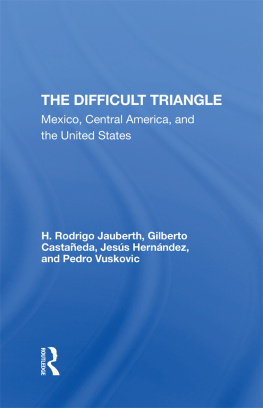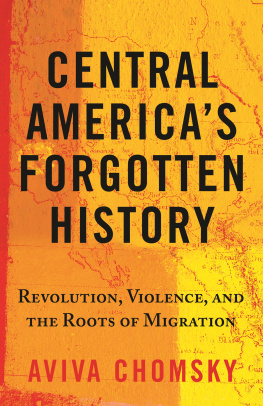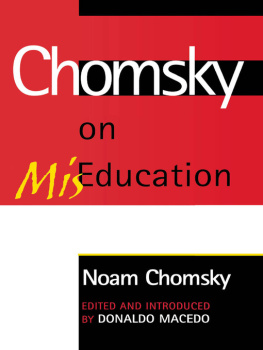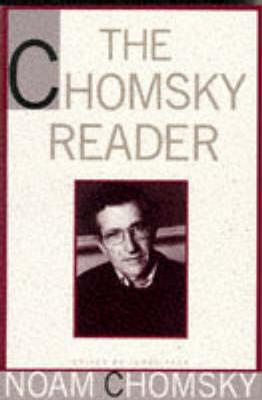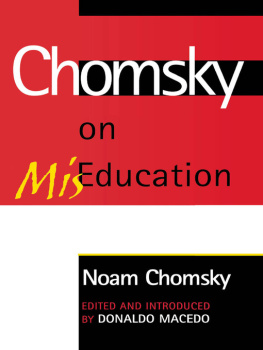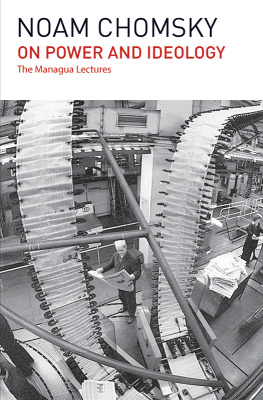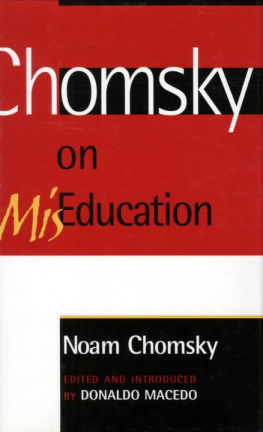Contents
The Race to Destruction
1 The Threat of Global War
Senator Dave Durenberger, chairman of the Senate Select Committee on Intelligence, delivered an address to the National Press Club in March 1985 on US policy in Central America, describing it as ill-timed and ill-planned, a policy which no one understands. Durenberger was concerned that the controversy over aid to the contras might suggest, incorrectly, that Congress and the Administration are not in agreement on the need to oppose the Sandinistas and all they stand for. He suggested more forceful moves to replace the current incoherent policy of reacting after the fact to events which appear beyond our control. The US and its allies, he urged, should consider cutting diplomatic relations and ceasing all trade and economic cooperation with Nicaragua. He also said the Administration should make it clear that the United States is prepared to join in an invasion of Nicaragua, if the other nations undertake a collective action in response to Sandinista aggression, where aggression has its usual Orwellian meaning: defense against US attacks. The US should now consider a naval blockade to prevent the import of Soviet arms, he said, with the implicit consequence that the US proxy armies would then be able to conquer a defenseless Nicaragua.
Secretary of the Navy John Lehman said that any attempt by the US to blockade Nicaragua to halt the flow of arms might trigger a US-Soviet naval conflict. The Navy cannot conceive that a naval conflict which engaged Soviet forces could be localized, he added: It is instantaneously a global war. If so, then Durenbergers proposal would be a step towards a terminal nuclear war.
Democratic Presidential candidate Walter Mondale had also spoken of a possible quarantine of Nicaragua, and the proposal is implicit in much other commentary, for example, the Toronto Globe & Mail editorial cited earlier, blustering about the possibility that the USSR might provide Nicaragua with a radar system to monitor its own territory, subjected to US attack. If it is indeed, as alleged, an intolerable threat to world order for the USSR or Cuba to bolster a regime attacked by the US in Central America, then evidently the US has a right to impose a blockade to prevent them from doing what they have no right to do. And if a superpower confrontation results, we can blame the Russians as we go up in smoke.
Putting aside its moral level, all of this is the kind of thinking that has led us close to nuclear war in the past, and will again.
In fact, the USSR would very likely back away from a military confrontation with the US in the Caribbean. It has repeatedly done so elsewhere after provocations that the US would not tolerate for a moment, particularly in the Middle East, the most likely location for the outbreak of global war. Nevertheless, Lehmans prognosis cannot be discounted.
Senator Durenbergers proposal illustrates what has been called the deadly connection: the prospect that Third World intervention will lead to superpower confrontation and nuclear war. This has come close to happening quite a few times in the past, and will again. There is no more urgent issue on the contemporary scene.
One such occasion was the Cuban missile crisis that brought the world ominously close to nuclear war in 1962. At that time, according to testimony of participants, planners considered a nuclear war highly likely if they rejected Khrushchevs offer to resolve the crisis peaceably with complete withdrawal of Soviet missiles from Cuba. They rejected this offer because it entailed simultaneous withdrawal of US missiles from Turkey: obsolete missiles for which a withdrawal order had been issued (but not yet implemented) because they were being replaced by Polaris submarines. The best and the brightest decided to face what they took to be a high probability of global destruction to establish the principle that the US alone has the right to keep nuclear weapons on the borders of an enemy, even missiles that it has already replaced with more advanced weapons.
One analyst of the crisis aptly remarks:
Never before had there been such a high probability that so many lives would end suddenly. Had war come, it could have meant the death of 100 million Americans, more than 100 million Russians, as well as millions of Europeans. Beside it, the natural calamities and inhumanities of earlier history would have faded into insignificance. Given the odds on disasterwhich President Kennedy estimated as between one out of three and evenour escape seems awesome. This event symbolizes a central, if only partially thinkable, fact about our existence.
This surely must be one of the low points of human history. It is a fact of some significance for the future that it is generally regarded here as a glorious moment, one of the finest examples of diplomatic prudence, and perhaps the finest hour of John F. Kennedys Presidency, in the words of the same respected scholar.
Turkey remains a major US nuclear outpost, aimed in part at the Middle East and in part at the USSR, with a US nuclear combat base and nuclear warheads also stored for the use of the Turkish air force. Turkey is the third -ranking recipient of US military aid, after Israel and Egypt. The priorities indicate the significance for US planners of control of the incomparable energy resources of the Middle East. The major concern is radical nationalism, which, it is feared, might threaten US control over these resources. Radical nationalism is another of those curious terms of US political theologylike Communism, stability, containment, democracy, aggression, etc.with technical meanings only dimly related to their normal sense: in this case, the reference is to nationalist movements that do not obey orders, whatever their political complexion may be, as opposed to moderate nationalism, properly obedient. US relations with Israel, unique in international affairs, have always been closely related to these concerns. But the structure of military installations designed to deter the indigenous threat also faces the USSR, to ensure that there will be no interference from that direction in a core region of the US global system. The same planners who have placed the growing US nuclear arsenal in Turkey on alert warn us that Nicaragua, even Grenada, is a threat to our very existence, compelling us to take aggressive action of a sort that might lead to nuclear war. And their assessment is widely shared, yet another reflection of the paranoid fever of what passes for intellectual life.
The US now has more than 13,000 nuclear weapons capable of striking the USSR, over 11,000 of them classified as strategic; the USSR can explode about 8500 nuclear weapons on the United States. The US arsenal rose from about 4000 to 9200 during the 1970s while the Soviet arsenal increased from about 2000 to 6500. France and England have about 1000 additional nuclear weapons targeted against the Soviet Union, and their arsenals are rapidly increasing. NATO has always outspent the Warsaw Pact on armaments by a considerable margin, even by the US government figures, which have a built-in bias to inflate Soviet expenditures. Furthermore, a large component of Soviet weaponry is directed against China. Since 1976, Soviet military spending has slowed to 2% a year, according to the CIA, while US military spending has grown at more than twice that rate over the same period. The US is also well ahead in weapons technology and has consistently led in weapons deployment by several years. The Center for Defense Information, from which these figures are taken, comments aptly that we are mutually inferior because there is no superiority in mutual destruction.
President Reagan has a rather different version of all of this. He informed the country that we have fewer warheads than we had in 1967...over recent years weve followed a policy of kind of unilaterally disarming and the idea that maybe the others would follow suit. This is a reference to the period when US strategic weapons more than doubled to over 9000 with constant tech no logical improvements, a novel form of unilateral disarmament. One should not, incidentally, accuse the President of lying, just as the term is inappropriate in the case of the random babbling of a young child. To lie requires a certain competence; one must first have mastered the concept of truth.
Next page
